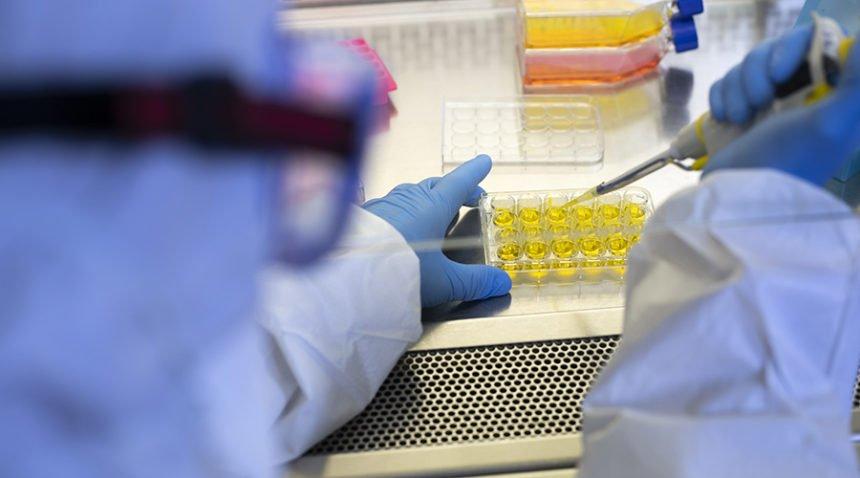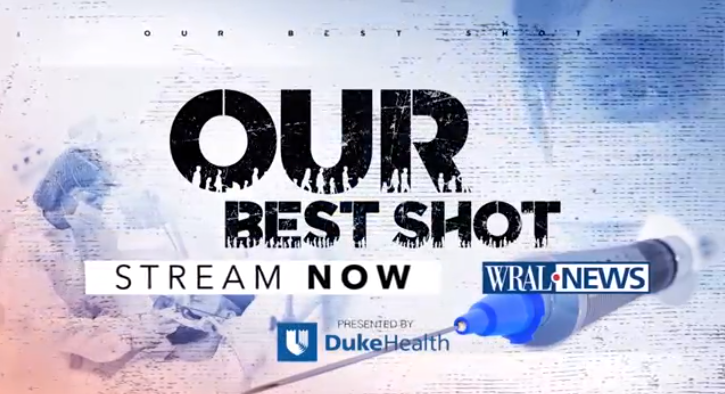Our Best Shot - DHVI Documentary
The Duke Human Vaccine Institute (DHVI) was featured in a WRAL-TV documentary about the coronavirus pandemic and DHVI’s efforts to combat it.
Wired: The Race Is On to Develop a Vaccine Against Every Coronavirus
On OCTOBER 21, the Centers for Disease Control and Prevention gave most of the US population permission to get a COVID-19 vaccine booster—a shot in such high demand that 10 million people somehow obtained it in advance of that approval in an effort to feel a little safer. Two days after that, the government of the United Kingdom made things feel a little less safe: It announced the emergence of Delta-plus, a new variant that already accounts for 6 percent of cases in that country, and is even more infectious than the highly transmissible Delta.
Those back-to-back events captured the nauseating pandemic roller coaster: Things are getting better. No, they’re not. Yes, they are. No, they’re definitely not. The endless repetition is exhausting. It has led a loose coalition of scientists to ask: What if we could just make the roller coaster … stop? ...
Popular Science: "Why are kids’ immune systems different from adults?"
Nearly a year after the first COVID-19 vaccines were authorized for use, the United States is on the brink of expanding eligibility to the last group of unvaccinated Americans: young children.
Pfizer’s vaccine for children between the ages of 5 and 11 is likely to be approved by the CDC as early as next week, and based on historical patterns, Moderna’s will probably follow a few weeks later.









